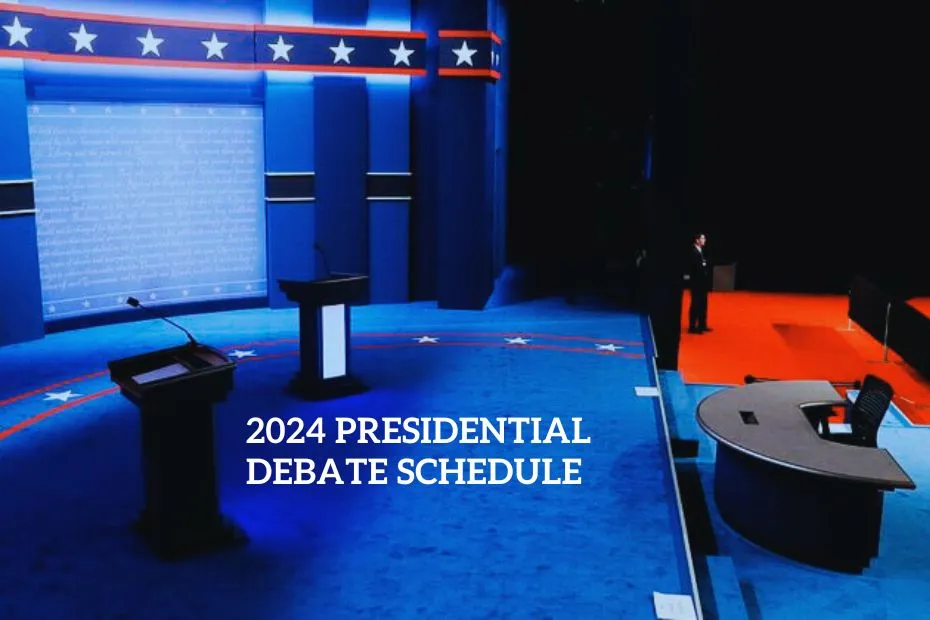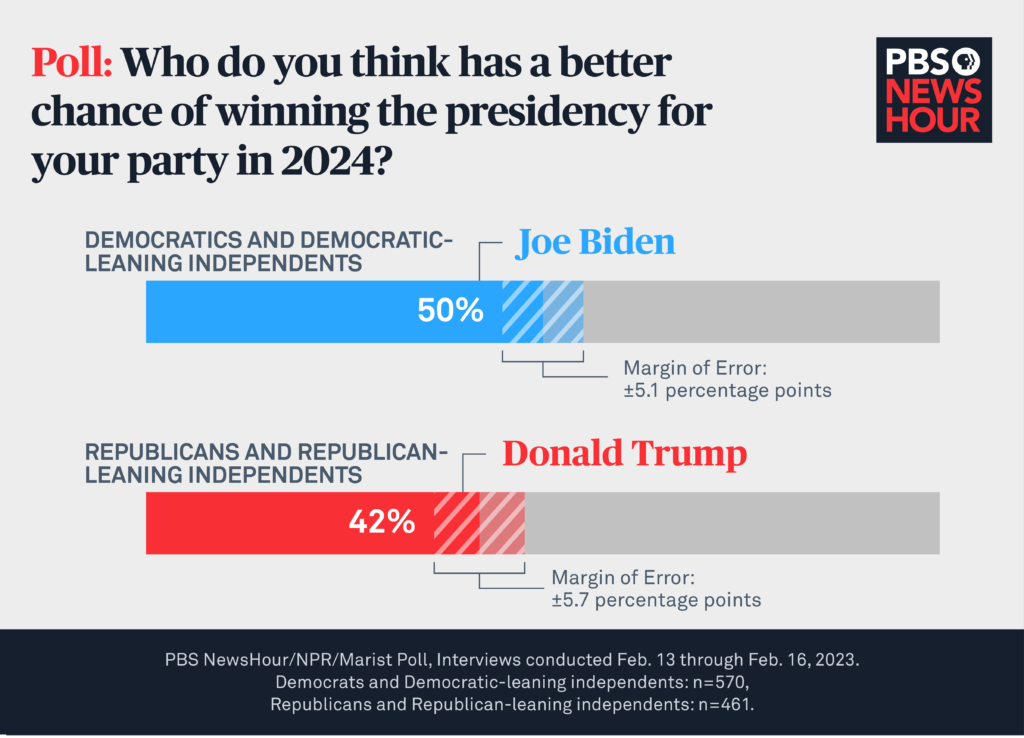The Importance of Presidential Debates

Presidential debates are a cornerstone of American democracy, offering a platform for candidates to engage in direct dialogue and present their visions for the nation. These events provide voters with invaluable insights into the candidates’ positions on key issues, their communication skills, and their ability to handle pressure.
The Role of Debates in Shaping Voter Perceptions
Presidential debates play a crucial role in shaping voter perceptions by providing a direct and unfiltered platform for candidates to interact with each other and address the public. The format allows voters to witness firsthand how candidates respond to questions, articulate their policies, and engage in respectful discourse. This exposure can significantly influence voter preferences, particularly for undecided voters who are seeking to gain a deeper understanding of the candidates and their positions.
Key Issues and Themes Typically Addressed
Presidential debates typically focus on a range of critical issues that are central to the political discourse and of paramount concern to voters. These issues may include:
- The Economy: Candidates often discuss their plans for economic growth, job creation, and addressing issues such as inflation and unemployment.
- Healthcare: The accessibility, affordability, and quality of healthcare are frequently debated, with candidates outlining their approaches to healthcare reform.
- Foreign Policy: Issues related to national security, international relations, and military interventions are often discussed, with candidates highlighting their foreign policy priorities.
- Climate Change: The urgency of addressing climate change and the role of government in mitigating its effects are topics of debate, with candidates presenting their environmental policies.
- Social Issues: Debates often address social issues such as gun control, abortion, LGBTQ+ rights, and immigration, reflecting the diverse values and concerns of the electorate.
Benefits and Drawbacks of Televised Debates
Televised presidential debates offer significant benefits to democratic societies by:
- Increasing Voter Engagement: Debates provide a captivating and accessible format that can encourage voter participation and interest in the electoral process.
- Promoting Informed Decision-Making: By presenting candidates’ views and policies in a direct and comparative manner, debates can empower voters to make informed decisions.
- Holding Candidates Accountable: Debates provide a platform for voters to hold candidates accountable for their statements and actions, fostering transparency and scrutiny.
However, televised debates also have potential drawbacks, including:
- Oversimplification of Complex Issues: The limited time constraints of debates can lead to oversimplification of complex issues, potentially reducing the depth of analysis and discussion.
- Emphasis on Style Over Substance: The focus on televised presentation and performance can sometimes overshadow the substance of candidates’ policies and proposals.
- Potential for Misinformation and Bias: The media coverage of debates can be subject to bias and misinformation, potentially influencing voter perceptions.
Analyzing Debate Performance and Impact: Presidential Debate Dates

Presidential debates are a crucial part of the US election process, offering voters a direct comparison of the candidates’ positions, policies, and personalities. Analyzing these debates involves understanding the format, assessing candidate performance, and recognizing the potential impact on public opinion and election outcomes.
Debate Format and Structure, Presidential debate dates
Presidential debates typically follow a structured format, usually involving a moderator and a panel of experts. The format varies, but common elements include:
- Opening Statements: Candidates are given a set amount of time to introduce themselves and Artikel their key priorities.
- Moderated Questions: The moderator poses questions to the candidates, covering various policy areas and issues.
- Candidate Rebuttals: Candidates have opportunities to respond to each other’s statements and challenge their opponents’ arguments.
- Closing Statements: Candidates conclude with a final statement summarizing their positions and appealing to voters.
The debate format is designed to provide a platform for direct confrontation and exchange of ideas, allowing voters to gauge the candidates’ knowledge, communication skills, and temperament under pressure.
Evaluating Candidate Performance
Several key criteria are used to evaluate a candidate’s performance during a debate. These include:
| Criteria | Description |
|---|---|
| Substance | The depth and clarity of the candidate’s policy positions, knowledge of issues, and ability to articulate their arguments effectively. |
| Communication Skills | The candidate’s ability to speak clearly, concisely, and persuasively, while also demonstrating charisma and engagement. |
| Poise and Temperament | The candidate’s composure, ability to handle pressure, and demeanor in the face of challenges and interruptions. |
| Attack and Defense | The candidate’s ability to effectively criticize their opponent’s positions while defending their own, without resorting to personal attacks or inflammatory rhetoric. |
| Audience Engagement | The candidate’s ability to connect with the audience, demonstrate empathy, and convey their message in a way that resonates with voters. |
These criteria provide a framework for analyzing a candidate’s performance and assessing their overall effectiveness in conveying their message and engaging with the audience.
Debate Performance and Public Opinion
Debate performance can significantly impact public opinion polls and election outcomes. A strong performance can boost a candidate’s image, increase their favorability ratings, and mobilize their supporters. Conversely, a poor performance can damage a candidate’s reputation, lower their approval ratings, and discourage potential voters.
“The impact of a debate can be particularly significant in close races, where even a small shift in public opinion can make a difference in the outcome.”
For example, the 2016 US presidential election saw significant shifts in public opinion after the first debate, with Hillary Clinton initially gaining momentum but ultimately losing the election. This illustrates the potential for debates to shape the narrative of an election and influence voter behavior.
The presidential debate dates are crucial for voters to witness the candidates’ positions and debate skills. To stay informed, be sure to check out the abc presidential debate time and mark your calendars. These debates offer valuable insights into the candidates’ vision for the nation and help voters make informed decisions in the upcoming election.
The dates for the upcoming presidential debates are crucial for voters to mark on their calendars, allowing them to engage with the candidates’ platforms and assess their qualifications. One particularly anticipated event is the fox presidential debate , which is expected to draw a large audience and generate significant media attention.
As the debate season unfolds, viewers will be able to compare and contrast the candidates’ positions on key issues, ultimately informing their decision at the ballot box.
